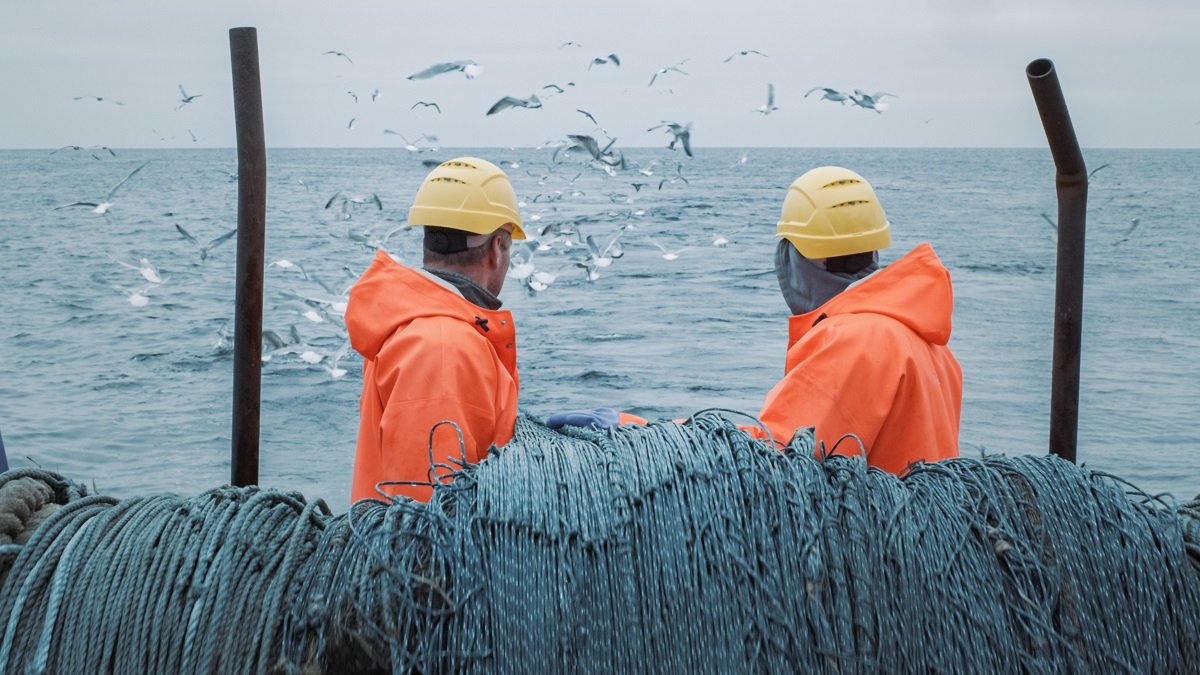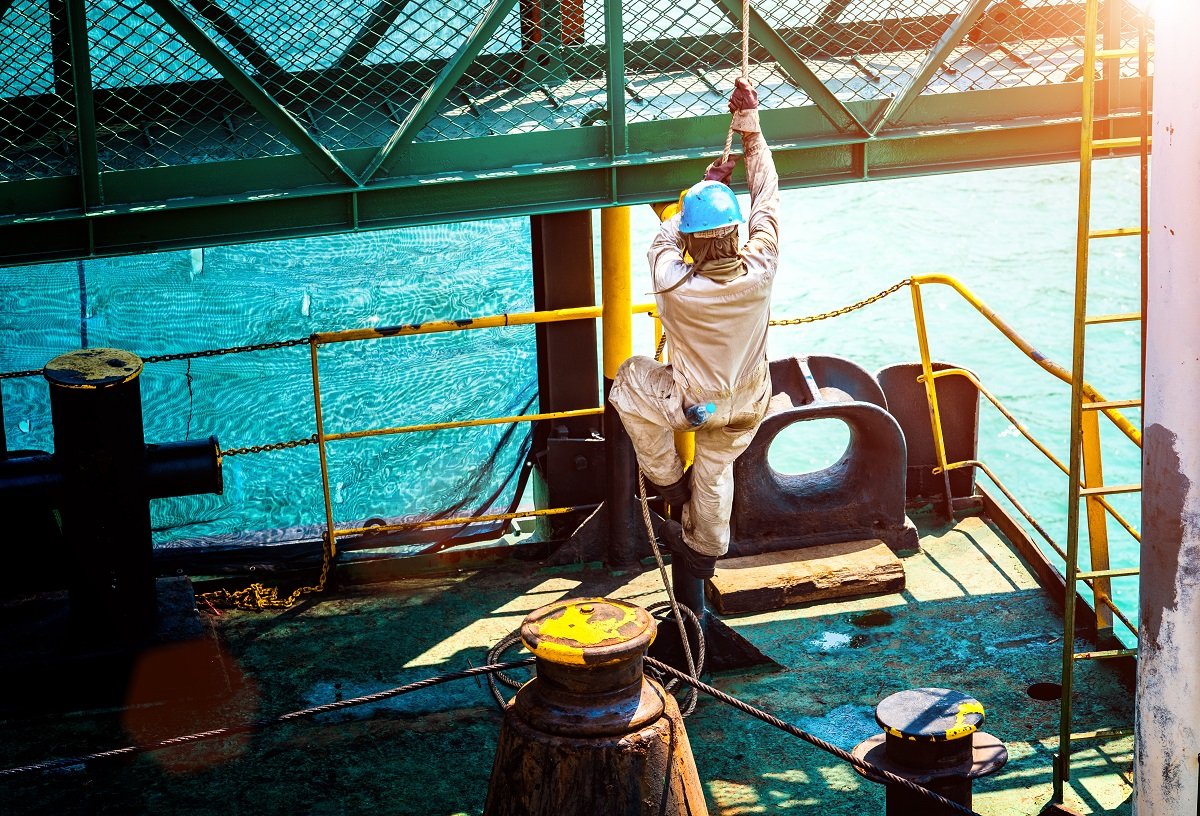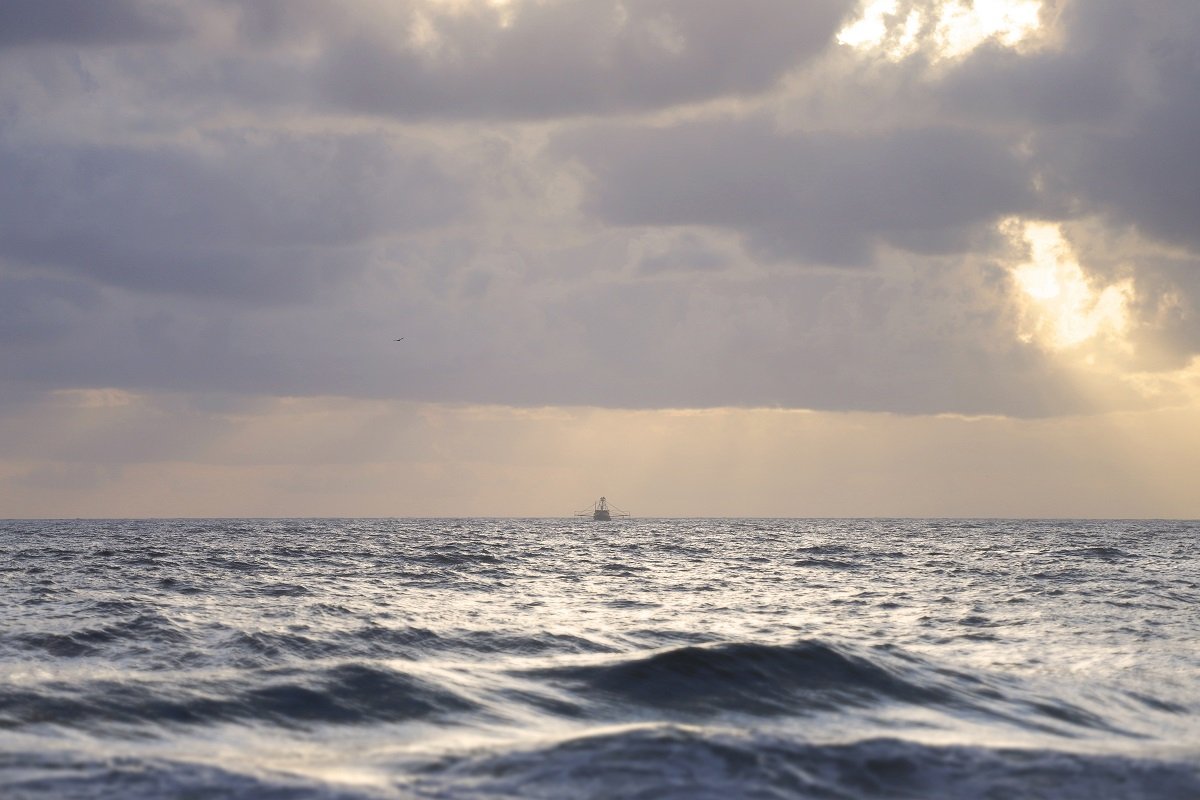
Blog
Dangers of Commercial Fishing
Posted in Fishing
If you’ve ever seen reality shows about commercial fishing, you can begin to understand what makes this job so dangerous. Those who work on commercial fishing boats each day face the same reality—that theirs has been ranked as the most deadly of occupations consistently since 1992. What makes commercial fishing so dangerous, and why do offshore accidents occur?
Hazards of Working in Commercial Fishing
Commercial fishing employees are faced with hazards of every kind. From temperature, weather, and chemicals to working at height, slips, falls, and fatigue, the threats commercial workers face are anything but typical.
Weather
The outdoor lives of commercial fishing crew members include working under adverse weather conditions. This can cause a host of offshore boat accidents, not the least of which is exposure to lightning and extreme temperatures. The many metal surfaces on commercial fishing vessels and their high masts can result in serious injury from lightning strikes unless the proper procedures are being followed.
Working outdoors in extremely cold environments can result in cold injuries. Hypothermia and frostbite can be common. Other dangers include working in an environment that’s both cold and wet, which can result in various non-freezing cold injuries, including trench foot and immersion foot. All of these conditions can be prevented with the proper boots and outerwear.
High heat and humidity can also pose a serious health risk. Heat stress, or the overall heat load that a commercial fishing worker is exposed to, is a common reason for injury. When the amount of heat in the working environment is enough to overwhelm a worker’s ability to deal with high heat, this leads to the development of serious or fatal conditions.
A worker exposed to high heat may become unable to perform skilled or mental tasks and lose concentration, as well as their ability to perform heavy work. Constant exposure to UV radiation can result in injury to the skin and the development of skin cancer.
Water
Working near water carries its own unique hazards. If too low, water temperature can result in hypothermia and cold shock, a respiratory response that can result in drowning. Improper harnessing equipment or lack thereof, or insufficient training, can also lead to immersion in low-temperature water. A vessel that is not equipped with sufficient water rescue devices can also cause workers to become injured in this way on the job.
Being surrounded by water can significantly increase the risk of injury. Decks are constantly covered in water by rain and waves, making them extremely slippery, and workers are vulnerable to sprains, punctures, lacerations, and broken bones. Proper deck safety training can greatly reduce the risk of these types of offshore supply vessel accidents and their injuries.
Working at Height
Those working on fishing vessels will often find it necessary to work at height in order to complete maintenance and repairs or perform regular duties. If the risk of falling is 10 feet or more, fall protection equipment, including harnesses, body belts, and energy-absorbing equipment is necessary to prevent serious injury or death. As well, fall arrest training should be provided by the employer.
Unstable Environment
Working on a commercial vessel means the environment is inherently unstable, even more so when the vessel is on stormy seas. The violent motion of a vessel can cause a loss of balance. This can lead to slips and falls or a worker going overboard. Should this occur in rough waters, the proper high-visibility clothing, rescue devices, and techniques become absolutely critical.
Chemicals
A commercial fishing vessel may have any number of chemicals on board, including refrigerants, ammonia, and degreasers. All of these can cause injury when they come in contact with skin or are inhaled or ingested accidentally. Injuries from contact with chemicals include burns and organ and neurological injury.
Equipment Failure
Even when properly cleaned and maintained, the equipment used at sea can fail, such as with offshore crane accidents. When this occurs, having a contingency plan in place lowers injury risk and saves lives—and, again, proper training by employers will prevent injuries and fatalities.
Fatigue
Long hours, shift work, and workplace stress can all lead to fatigue. Many who work on commercial vessels experience chronic or long-term fatigue. Working under these conditions for extended periods of time can not only put a worker at risk of injury but also their coworkers. Fatigue’s significant impact is considered to be a form of impairment. Unfortunately, a worker’s level of fatigue is incredibly difficult to quantify, let alone measure.
The chances of making mistakes while fatigued increase dramatically. Judgment and concentration are impaired and physical and mental functions are reduced. All of these place each worker on board at risk.
Diving
One hazard of working on a commercial fishing vessel is diving. Workers may be called on to dive underwater to release lines from snags or untangle them. However, all too often, crew members who do this have little or no experience with formal diving, its hazards, or its safety measures for procedure and equipment.
High Fatality Rates, Despite Laws
Those employed on commercial fishing vessels face a fatality rate that’s a whopping 29 times that of the national average, according to the CDC.1 The Commercial Fishing Industry Vessel Safety Act of 1988 is a law that has seen some success at reducing injuries and fatalities among crew members. It requires all commercial fishing vessels to carry equipment such as signal flares and life rafts. However, many say it simply doesn’t reach far enough to protect the lives of employees.
Many Commercial Fishing Accidents Are Preventable
We are pretty confident in stating that the workplace hazards which lead to accidents, injuries, and fatalities to commercial crew members cost well into the millions of dollars each year, but the majority of these are preventable. So, what’s causing so many commercial fishing workers to become injured and the fatality rate of their job to continue to skyrocket?
It all comes down to things like those we’ve mentioned above—lack of maintenance, lack of proper equipment and inspection of that equipment, and lack of education. All of these can be rectified by employers providing their employees with the tools and skills they need to perform their jobs without becoming injured. In fact, this is not an option; it’s their responsibility.
And yet, each year, employers and vessel owners alike try to skirt this responsibility in court. Why? Because they think they can. However, the reality is that, as a commercial fishing worker, you have options for getting compensation with an offshore accident attorney if you have been injured on the job.
Damages
Court cases in which fishing workers became injured on the job have often resulted in the awarding of compensatory damages, which help you pay your bills and obtain services, as well as provide relief from lost wages. Should a judge find your employer to have been grossly negligent, you may be entitled to punitive damages, which can be quite significant.
Employer Benefits
Under maintenance and cure law, it is your employer’s responsibility to pay you benefits if you are injured while working, regardless of whether or not they were at fault for your injury. For example, if a piece of equipment was installed and maintained properly but failed and injured you as the result of a manufacturing or design defect, your employer would still have to provide you with coverage for your living and medical expenses.
Are You a Commercial Fishing Worker Who Was Injured on the Job?
No matter which hazards you may have been exposed to while working on a commercial fishing vessel, your best chance at getting the highest possible settlement in court is with the help of an experienced offshore accident lawyer.
The maritime injury lawyers at Maintenance and Cure have combined 100 years of experience in maritime law and have recovered millions of dollars for commercial fishing workers like you. Call us to claim your free consultation today: 1-800-836-5830.
Source:















